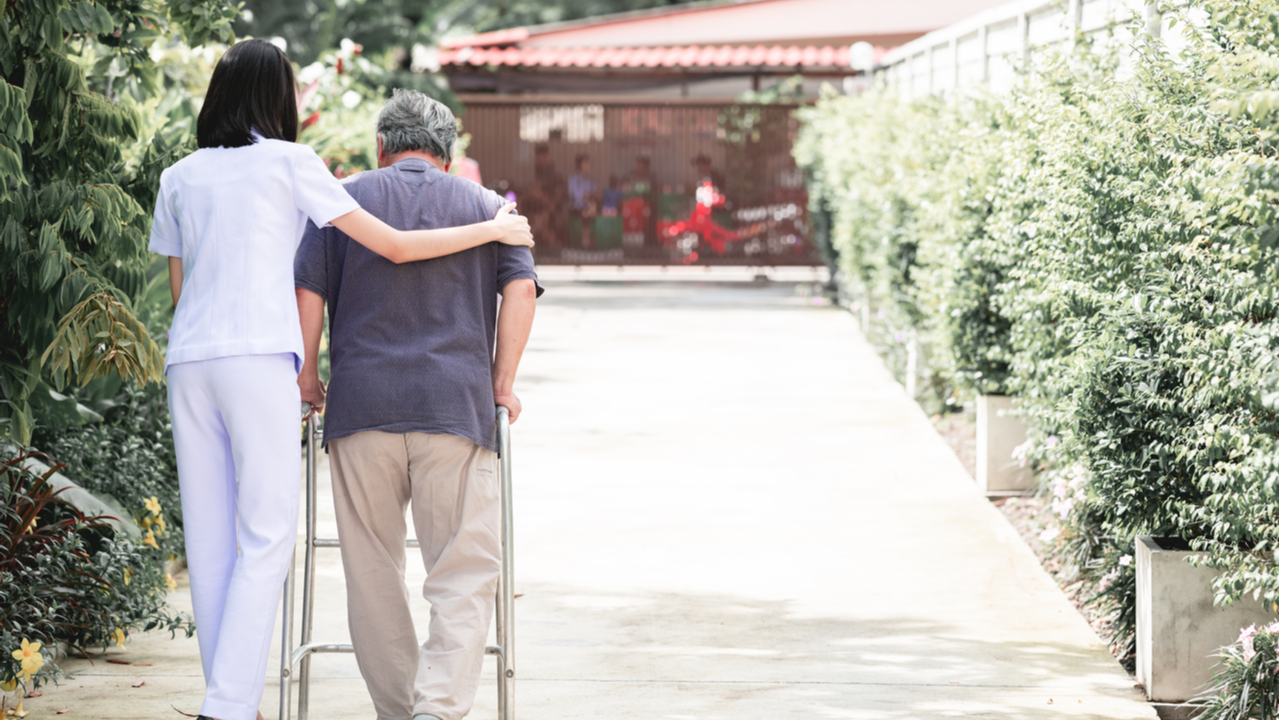he essential nature of caregiving becomes much more obvious in a pandemic. But caregiving, which often takes place in the home, outside the public eye, isn’t offered the value or respect it deserves.
That’s why Caring Across Generations held the first #CareForAll town hall on Sunday — to offer caregivers a sense of community. “What we know is that the front lines of this crisis begins in our homes. Family caregivers and domestic workers are the backbone of our care ecosystem,” the National Domestic Worker Alliance’s Alicia Garza said during a town hall. “And at this moment, domestic workers and caregivers are also vital to our collective health and wellbeing.”
“Care work has been around since human beings have been on this planet. Our families, our economy, our society has always relied on care,” Garza said in her opening remarks. “And every single one of us at some point in our lives is going to need care. And every single one of us has provided care in some way, shape, or form.”
“The problem is that care work is often hidden, and as a result of it being hidden, it’s not valued, it’s not respected, and it’s not dignified in the way that it should be.”
Garza shared her own experience as a caregiver for her mother, who died from cancer two years ago. A strong support system and flexible work arrangements, along with hospice caregivers who filled the gaps, helped Garza through the time. “I came to understand how essential caregiving is to the very fabric of our society, and I know that if I hadn’t had the supports that I had, I wouldn’t have been able to be there with my mother at the most precious times in the end of her life.”
The town hall featured several other caregivers sharing their experiences. Natalia Gontcharova said there weren’t many institutional resources available to her when she came home to take care of her mother after a cancer diagnosis. “This experience was a lot more isolating than it should’ve been.”
Aminatou Sow echoed her point about a lack of consolidated resources, something she learned after her own cancer diagnosis, when a network of friends came in to help take care of everything from administering medication to cleaning her house. Sow had learned about the need for resources before, when her mother passed away and she adjusted to parenting her siblings. In addition to more institutional supports, Sow said payment would’ve made things much easier in that moment. “So many problems that caregivers have are not necessarily alleviated by money, but money plays a big part in the reason why caregiving is so hard in the first place.”
Watch the full town hall to hear more stories from caregivers:
